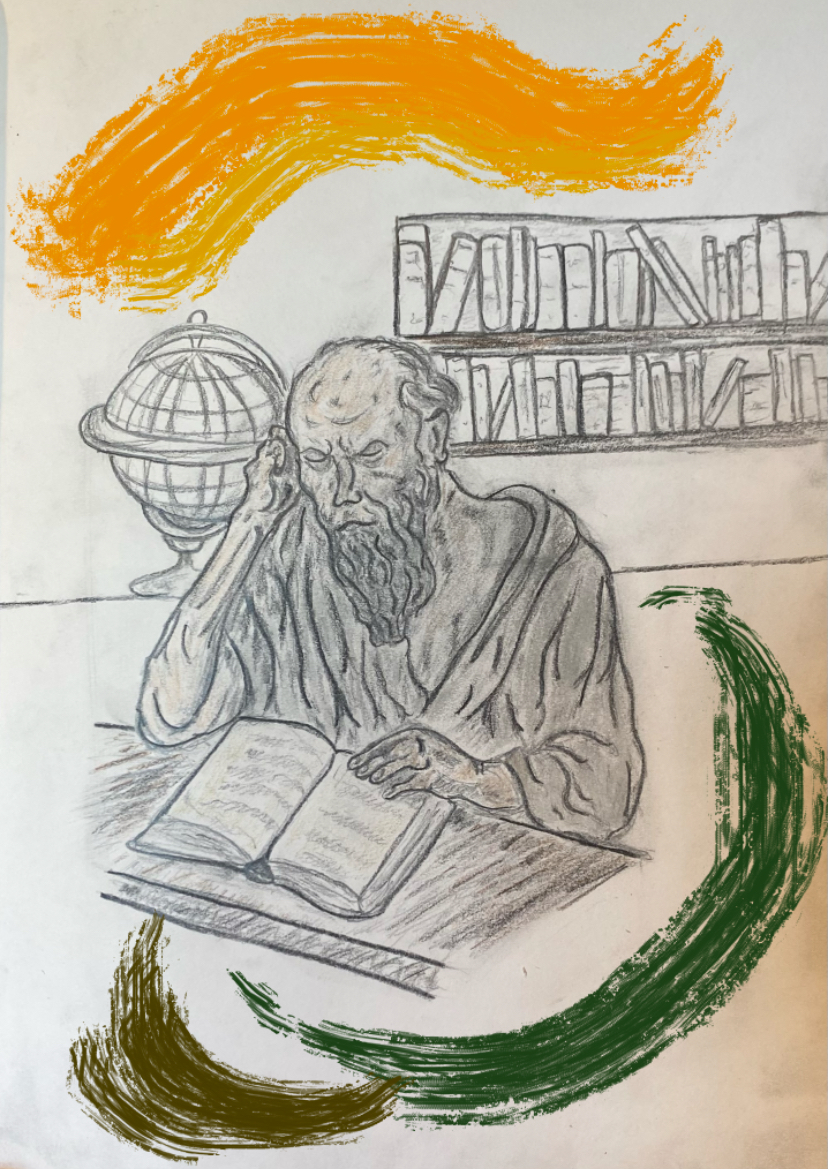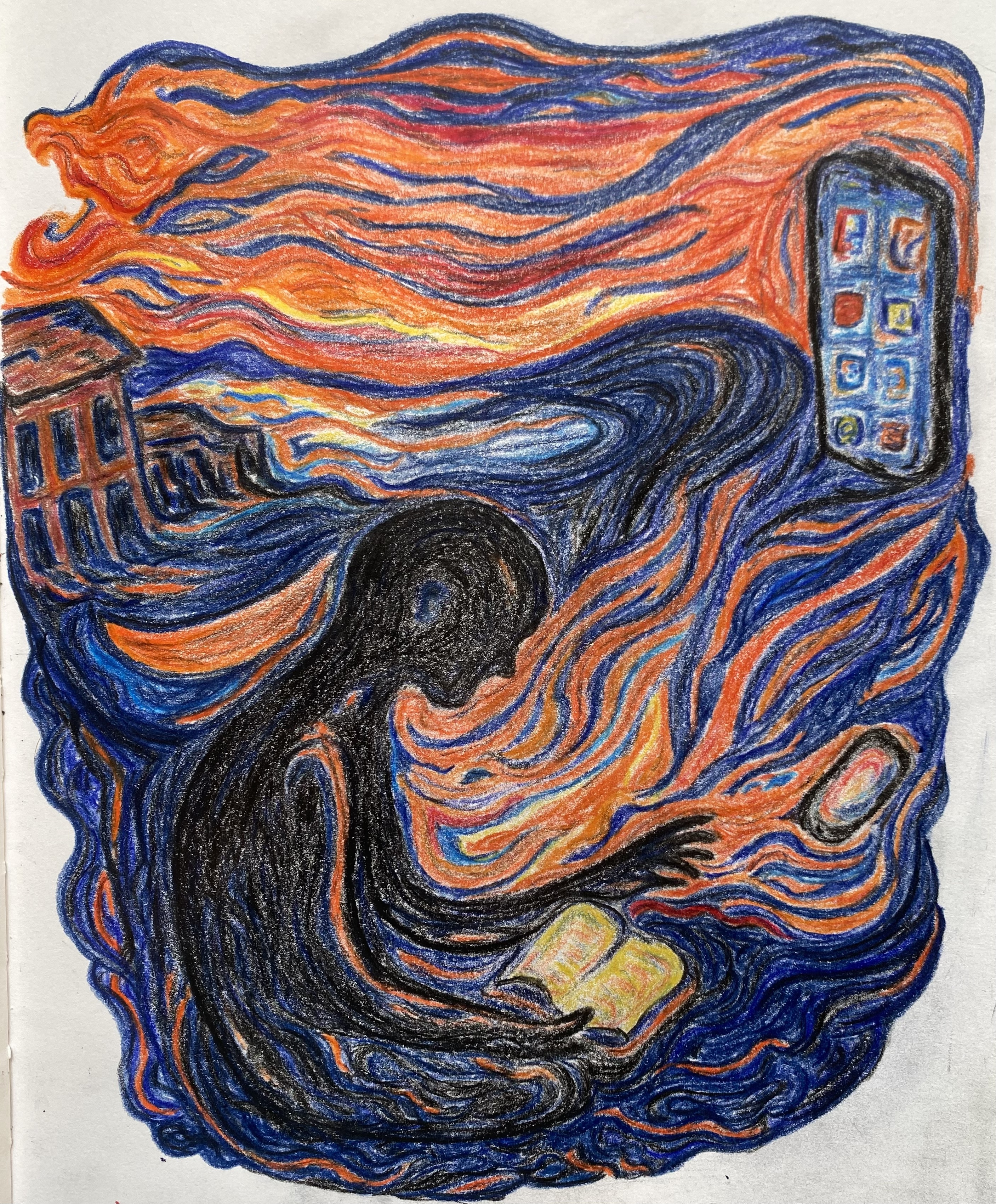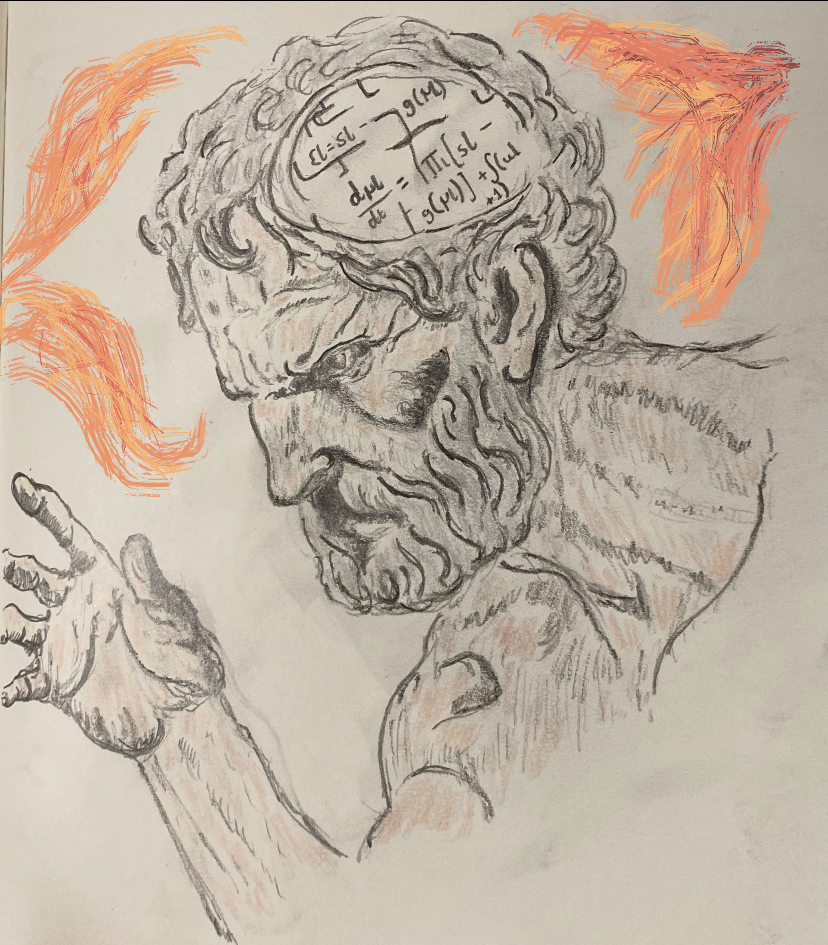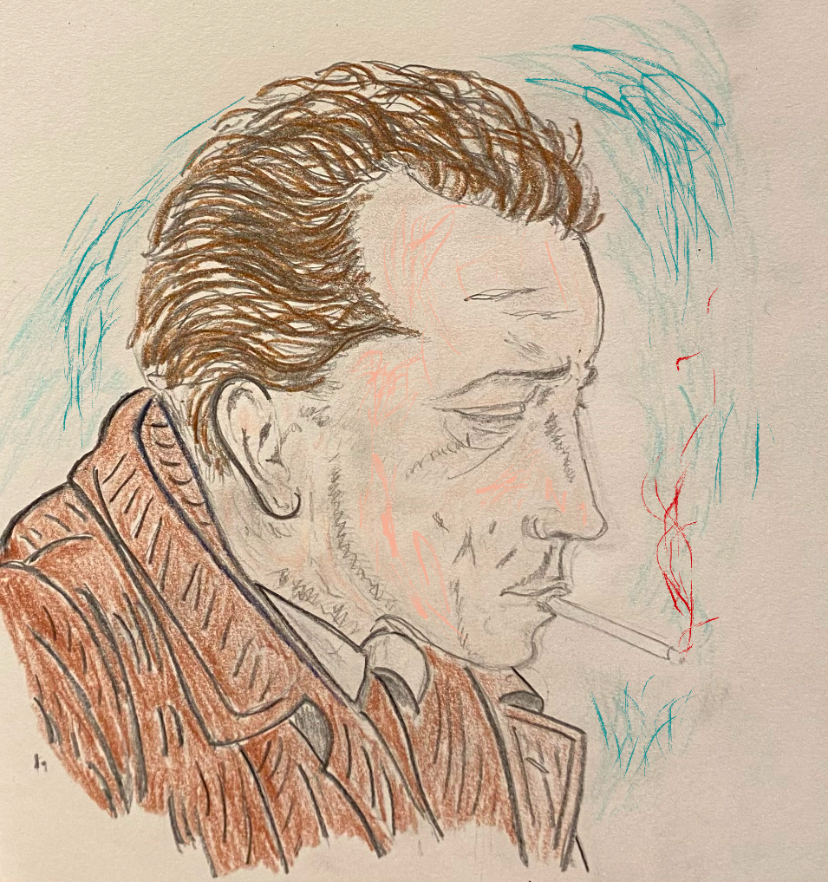
Reading Tracker Web App - Libriax
A full-featured reading tracker application built with Python (Flask), PostgreSQL, HTML/CSS, and JavaScript. Users can log books, view interactive stats, and stay motivated with reading streaks and milestones. The app includes a responsive interface with genre-based charts, yearly trends, and a real-time leaderboard. Readers can connect with friends, compare progress, and unlock profile rewards as they hit key milestones. Barcode scanning and guided tutorials enhance usability, while behavioural prompts encourage consistent reading. Visualisations are powered by Chart.js and users can export their reading logs for use in spreadsheets or personal archives.
View
Postgraduate Thesis - From Deep Reading to Digital Dependency
This thesis examines reading as a cognitively enriching practice. It draws on global data sets to regress the amount spent reading and general home literacy access against certain cognitive outcomes such as meta-understanding and perspective taking. It also frames the debate on declining reading and literacy rates in a historical context; we are seeing a deepening of an already socioeconomically stratified practice occcuring. Reading rates are declining, but it is most likely a bifurcation, where those that read a lot continue to do so and to a greater extent, while a larger part of the population now reads less or not at all. The thesis then examines potential neurological links to declines in overall reading, distinguishing print from digital reading and discussing the general literary climate through media theory and philosophy.
View
The Neuroeconomic Brain
An interactive brain diagram that visualises the neural systems behind economic decision-making. The project uses SVG paths of brain outlines with coloured overlays to mark the approximate locations of key regions (e.g., vmPFC, OFC, striatum, insula, amygdala, ACC, TPJ, SMA, VTA). Each region is annotated with its functional role in neuroeconomics - such as valuation, prediction errors, self-control, or social preferences - and linked to seminal papers from leading journals. Overlays are not anatomically exact, but provide a clear entry point for exploring how distributed neural systems support economic choices. Users can click regions to reveal concise summaries and key references.
View

Undergraduate Dissertation - Camus' Absurdism
The absurd can roughly be outlined in the following way. Our innate desire for meaning in a world that gives no meaning creates a contradiction. Within this contradiction spawns absurdity; a need for meaning that cannot be answered. In my undergraduate dissertation, I assume the absurd to be a given fact of existence. I discuss how it is we can come to accept our absurd position. I do so through exploring both Camus' philosophical and literary work. I argue Camus felt it is with both the intellectual recognition of meaninglessness and deep feelings of absurdity that allow us to begin the process of accepting the absurdity of the world.
View
Historical Writers Map
An interactive map of the writers referenced across the site. Filter by period, pick custom date ranges, or focus on regions. Click portraits to see a short bio, birthplace, and notable works-and jump straight to essays that mention them.
View